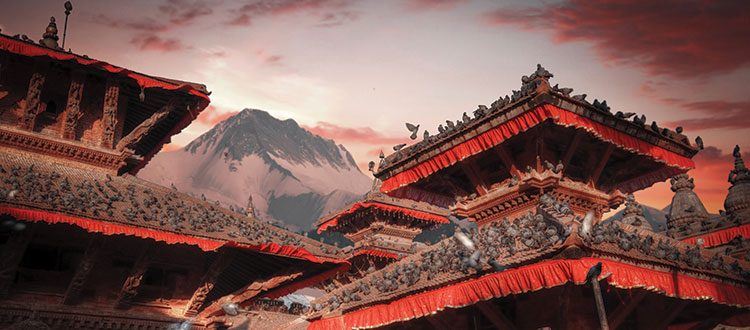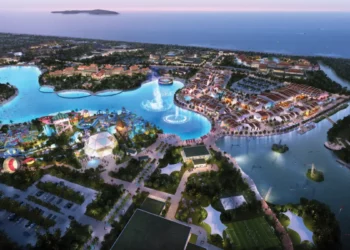Nepalese authorities are looking to better position the nation to capitalize on Asia’s investment boom, including within the casino and IR industry.
Nearly 1.2 million tourists visited Nepal in 2018, a 25% increase over the year before. Around 200,000 of those came from India, which has limited casino gambling (Goa has around 95% of the Indian casino pie) and 150,000 from Mainland China with no legalized casinos.
The cross-border casino strategy to China transformed Macau into the gambling success it is today. In 1994, Macau had a similar number of Mainland Chinese visitations as Nepal now does. Macau made US$1.9 billion in GGR that year, but after liberalization of the casino industry in 2001 it quickly caught and overtook Las Vegas.
So how about Nepal’s potential for further casino and integrated resort development? Sure, a quick environmental analysis/SWOT of the landscape can isolate major gaps in both infrastructure and the country’s casino and tourism public policy due to previous years of political instability and unrest alongside recent natural disasters. But Nepal shares key common characteristics with Macau.
For starters, Nepal possesses massive land borders between India and China. These are two of the largest and fastest growing global economic powerhouses with a significant and rising level of wealth and disposable income within their populations. The Macau and Singapore casino industries have benefited greatly from the lack of casino gambling opportunities within China and India. Nepal’s turn may be just around the corner.
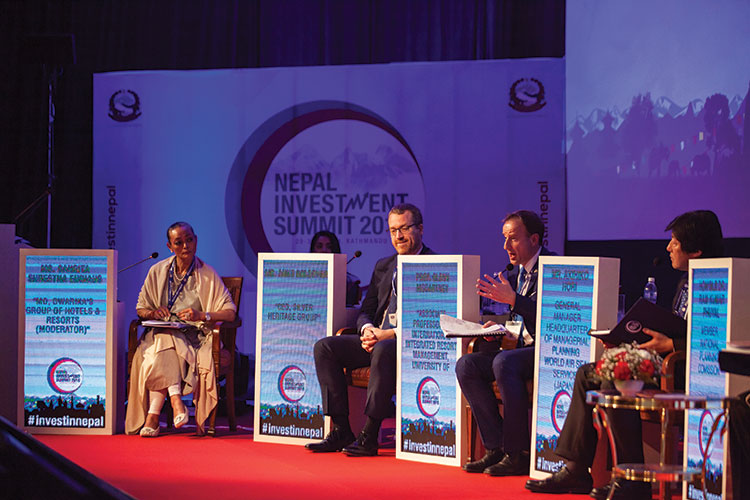
Why do I say that? Invited by the Nepalese Government, I spoke at the Investment Summit Nepal 2019 in March, which also saw Nepalese Prime Minister K.P. Sharma Oli, his Deputy and several top ministers give speeches. Impressive infrastructure and foreign investment plans in airports, high speed rail, road construction and tunnels were shown to me. Several tourism and integrated projects were also showcased by the government, inviting investment from the private sector.
Everything from an IR hub to standalone IR developments were part of the discussions. The message was clear from the authorities that the government is now stable and open for foreign investment and joint ventures. Heads of banks one by one told the investment audience of the possible generous rewards and assurance of repatriation of funds.
One fellow speaker and panelist was Mike Bolsover, CEO of Silver Heritage Group which owns and operates of Nepal’s first IR, Tiger Palace Resort at Bhairahawa near the Indian border. Tiger Palace has recently opened an impressive premium mass and VIP area.
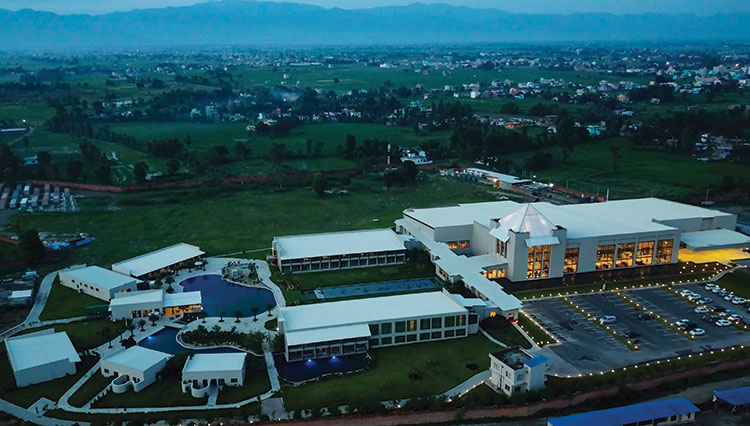
Besides key infrastructure being put in place, I emphasized the importance of sound tourism master planning and casino policy that best fits Nepal, explaining that Macau, Singapore, Malaysia and Japan have all developed, adapted and are certainly still learning from their own casino regulatory frameworks. Nepal continues to adapt its fledgling casino legislation, understanding the importance of securing greater confidence for investors in Nepal’s IR development.
There are also several small and limited amenity casino properties throughout Nepal. Ambiguities in Nepal’s Casino Regulation 2013 have been cited and the government is pressing on with a still to be finalized new Casino Bill 2018. The “Casino Rules 2070” was passed and gazetted in July 2013, stating that a US$300,000 (now raised to US$400,000) annual “casino royalty”, a US$100,000 initial casino license fee and a US$100,000 annual renewal fee must be paid, so it essentially costs US$600,000 to open today.
The Nepal tax year falls on 17 July. Previous collection of casino tax and royalty ambiguities had led to disputes in the Supreme Court but this emphasis to get new legislation passed provides further confidence in future IR development.
Nepal has a vision to welcome two million visitors by 2020, and China and India are it’s two key markets. IRs are now common in Asia and are testament to the sheer economic and tourism potential for Nepal.
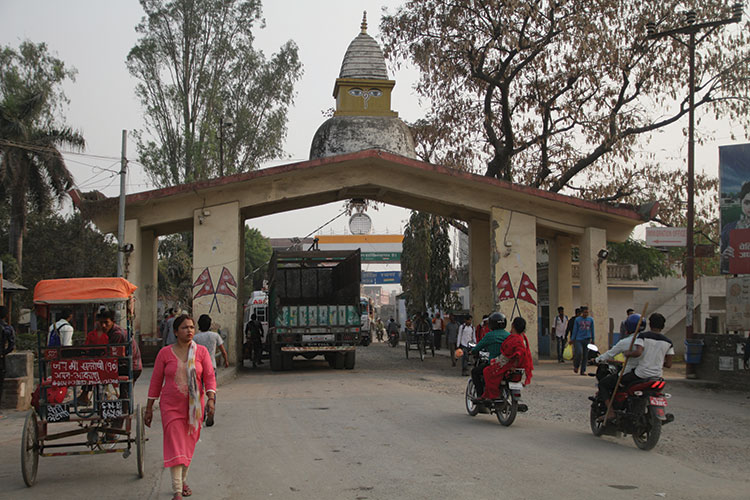
As the investment and legislative landscape now changes in Nepal, and if Nepal keeps moving forward in its current economic climate and can roll out its various infrastructure plans, this can provide an attractive environment for further IR expansion.
*My thanks to Mike Bolsover and Madhukar Thapa for navigating me through Nepal’s casino regulations and government structure, and for the casino and IR insight they provided during my visit to Nepal.






